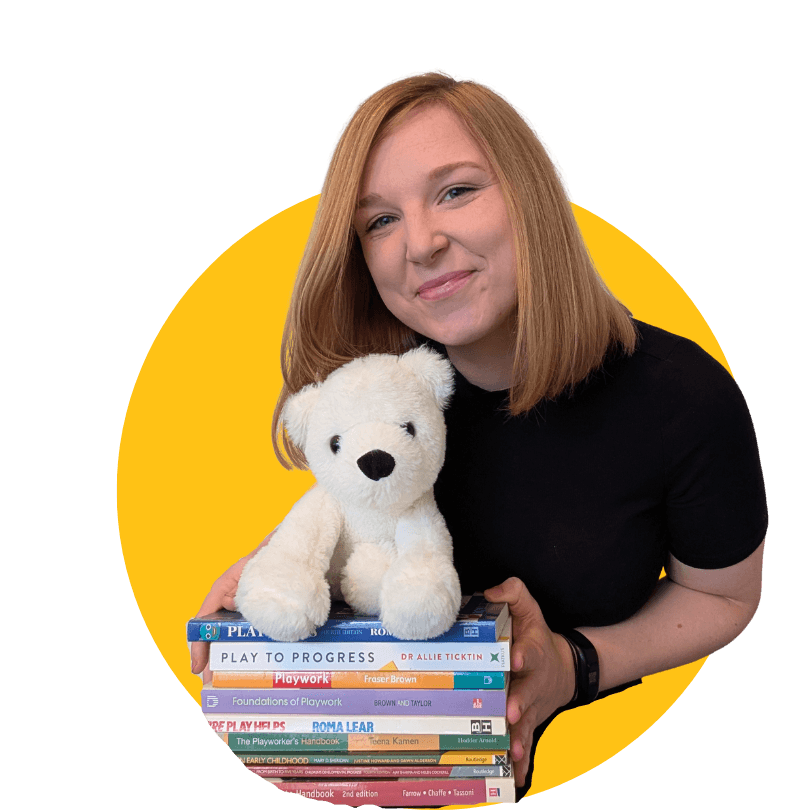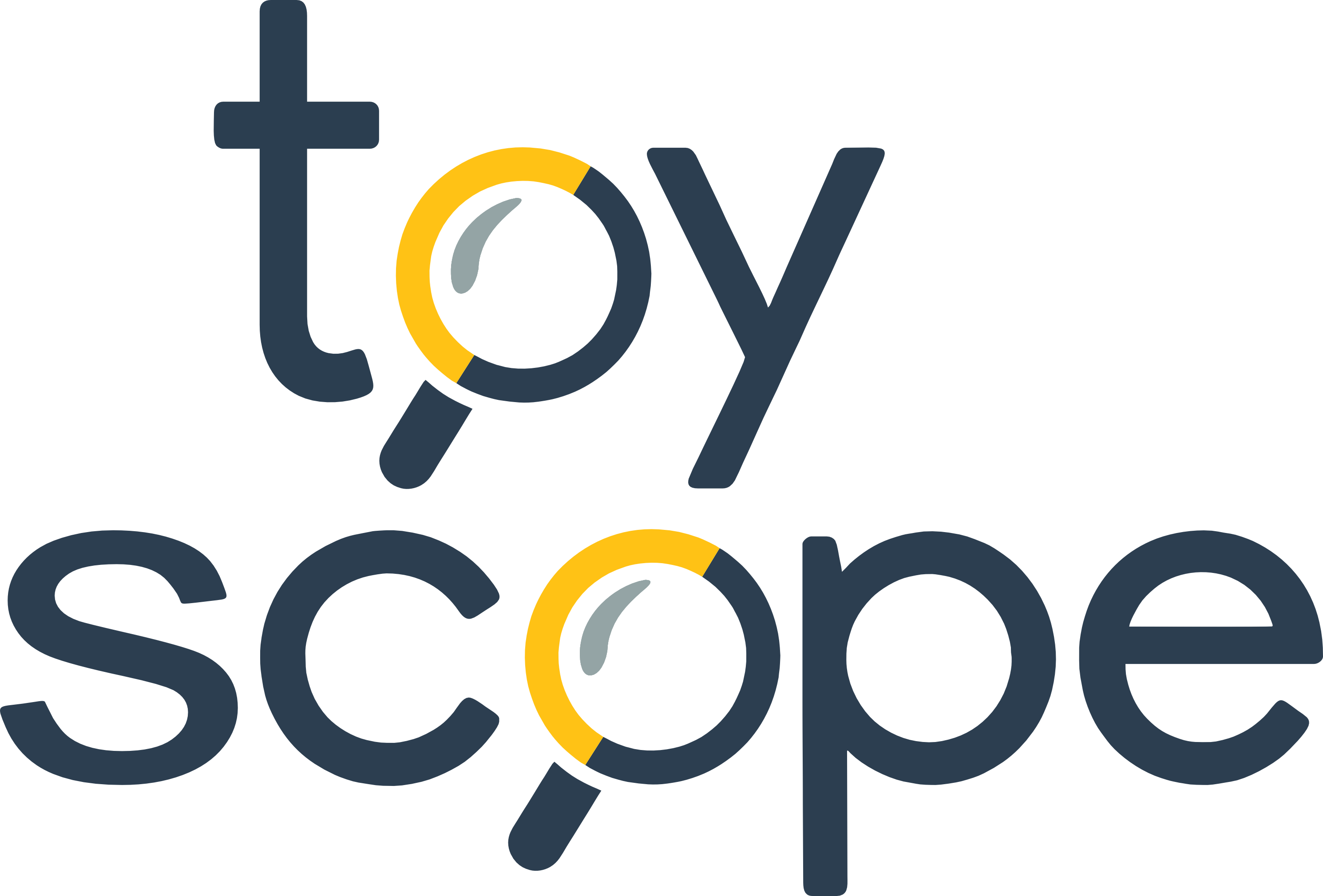
Communication support for Early Word Attempts stage (14-16 months)
Early Word Attempts stage milestones
Tries to say one or two words besides "mama" or "dada"
Looks at a familiar object when you name it
Points to ask for something or to get help
Follows directions given with both a gesture and words

Activities and Ideas:
Word Learning Support:
Repeat your child's word attempts clearly: if they say "ba" for ball, say "Ball! Yes, ball!"
Use simple, clear words during daily activities
Give your child time to try saying words before providing help
Focus on words your child is interested in or needs frequently
Vocabulary Building:
Name favourite toys, foods, and family members consistently
Use books with simple pictures and single words
Point to and name body parts during bath time or changing
Describe what you're doing in simple words: "Pour water," "Wash hands"
Encouraging Pointing:
Respond immediately when your child points to something
Point to things yourself and name them
Use pointing games: "Where's the ball?" and wait for them to point
Acknowledge pointing as communication: "You're showing me the dog!"
Following Simple Instructions:
Use gestures alongside words: say "Come here" while opening your arms
Give simple, one-step directions: "Get your shoes" while pointing to them
Use familiar objects and actions in your instructions
Praise success, even if they only partially follow the instruction
Daily Routine Opportunities:
During meals, name foods and wait for your child to look at or point to them
Use dressing time to name clothes and body parts
Create opportunities for your child to point to things they want
Make instruction-following part of fun activities rather than demands
Important Information About These Milestones
Sources and Development
These communication milestones are derived from two widely recognised and evidence-based developmental screening tools:
CDC Developmental Milestones (Centers for Disease Control and Prevention, 2024 revision)
Ages & Stages Questionnaires® (ASQ®) screening tool
These milestones represent what most children (75% or more) can do by each age, based on available research data and expert consensus from developmental specialists.
Individual Differences
Every child is unique and develops at their own pace. It's completely normal for children to:
Master some skills earlier or later than the typical timeframe
Show uneven development across different areas
Progress through milestones in a different order
Have periods of rapid development followed by slower phases
Important Disclaimers
This guide is for educational purposes only and should not be used as:
A substitute for professional developmental screening or assessment
A diagnostic tool for developmental concerns
The sole basis for making decisions about your child's development
When to seek professional guidance:
If your child is not meeting several milestones in their age group
If your child loses skills they previously had
If you have ongoing concerns about your child's development
If your child was born prematurely (adjust expectations accordingly)
Professional support is available:
Speak with your child's GP, health visitor, or paediatrician
Contact your local early years services or children's centre
Request a developmental assessment if you have concerns
How to Use This Information
Use these milestones as a general guide, not a checklist
Focus on supporting your child's natural development
Celebrate your child's unique progress and strengths
Remember that providing a loving, language-rich environment is more important than meeting specific timelines
You know your child best. Trust your instincts and seek professional advice if you have concerns about your child's communication development.

Toy safety is a dynamic process, rather than a single rule. Each child, family, space, toy and situation is different, so I am not teaching rules, but skills for making safety decisions in a moment. Join me in training your risk-aware eyes, supportive hands and trusting heart.




